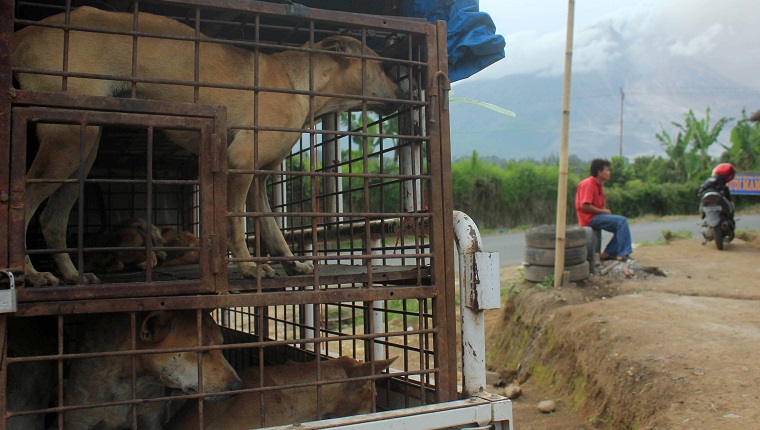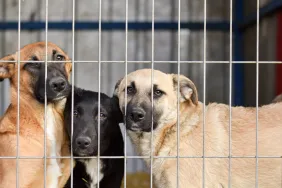Following the National Coordination of Animal Welfare meeting in Jakarta, government officials in Indonesia pledged to create and support a regulation to ban the cat and dog meat trade in the country. Indonesia’s Ministry of Agriculture met with the Dog Meat-Free Indonesia (DMFI) coalition, a group of non-profits including Humane Society International, Change for Animals Foundation, Four Paws, Jakarta Animal Aid Network, and Animal Friends Jogja before making the announcement.
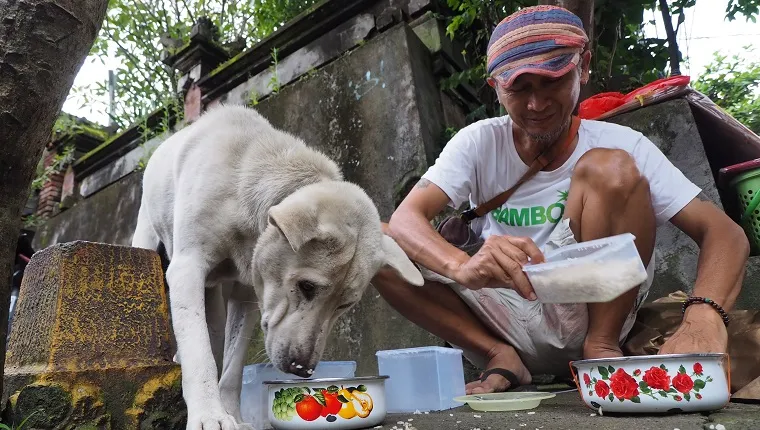
The Dog Meat-Free Indonesia coalition campaigned heavily over the last year to put an end to the harmful cat and dog meat industry, and government officials agreed with their claims that the trade of these meats harms public health, violates animal welfare, and damages tourism from countries that see the practice as barbaric. The announcement particularly focused on the risks associated with the spread of rabies via infected carcasses. Human rabies still appears in 24 out of 33 Indonesian provinces.
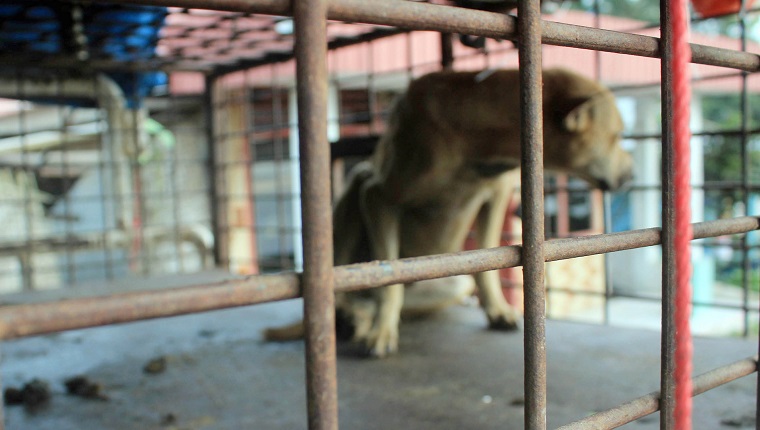
Another concern cited by the DMFI coalition pointed out that crime largely supports the cat and dog meat trade. Traders rarely farm cats and dogs, as it would be prohibitively expensive to do so. Instead, they often abduct stray dogs or steal pets and send them to be slaughtered. Banning the trade cuts down on these types of crimes.
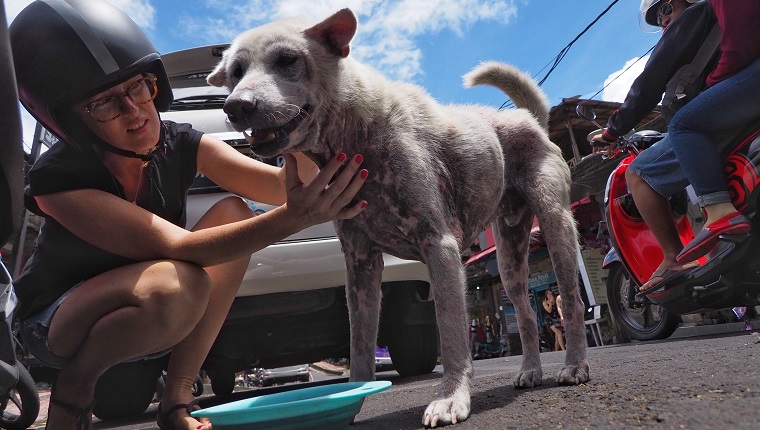
In banning the cat and dog meat trade, Indonesia joins Hong Kong, the Philippines, Taiwan, Thailand, and Singapore as a group of Asian countries that no longer permit the practice. The DMFI coalition hopes that other Asian countries where it is still legal, such as China, South Korea, India, and Vietnam, will follow the example and ban the trade. Doing so only serves to benefit public health, reduce crime, strengthen animal welfare, and improve public perception around the globe, which boosts tourism. Innocent cats and dogs certainly don’t deserve to be abducted from their families to die for outdated and unhealthy traditions.
What do you think? Are you glad to see Indonesia say goodbye to the cat and dog meat trade? Also, what do you think we can do to support banning the practice around the rest of the world? Let us know in the comments below!
Related Articles:
Dog Escapes Korean Meat Market to Become Certified Therapy Dog For Amputees
